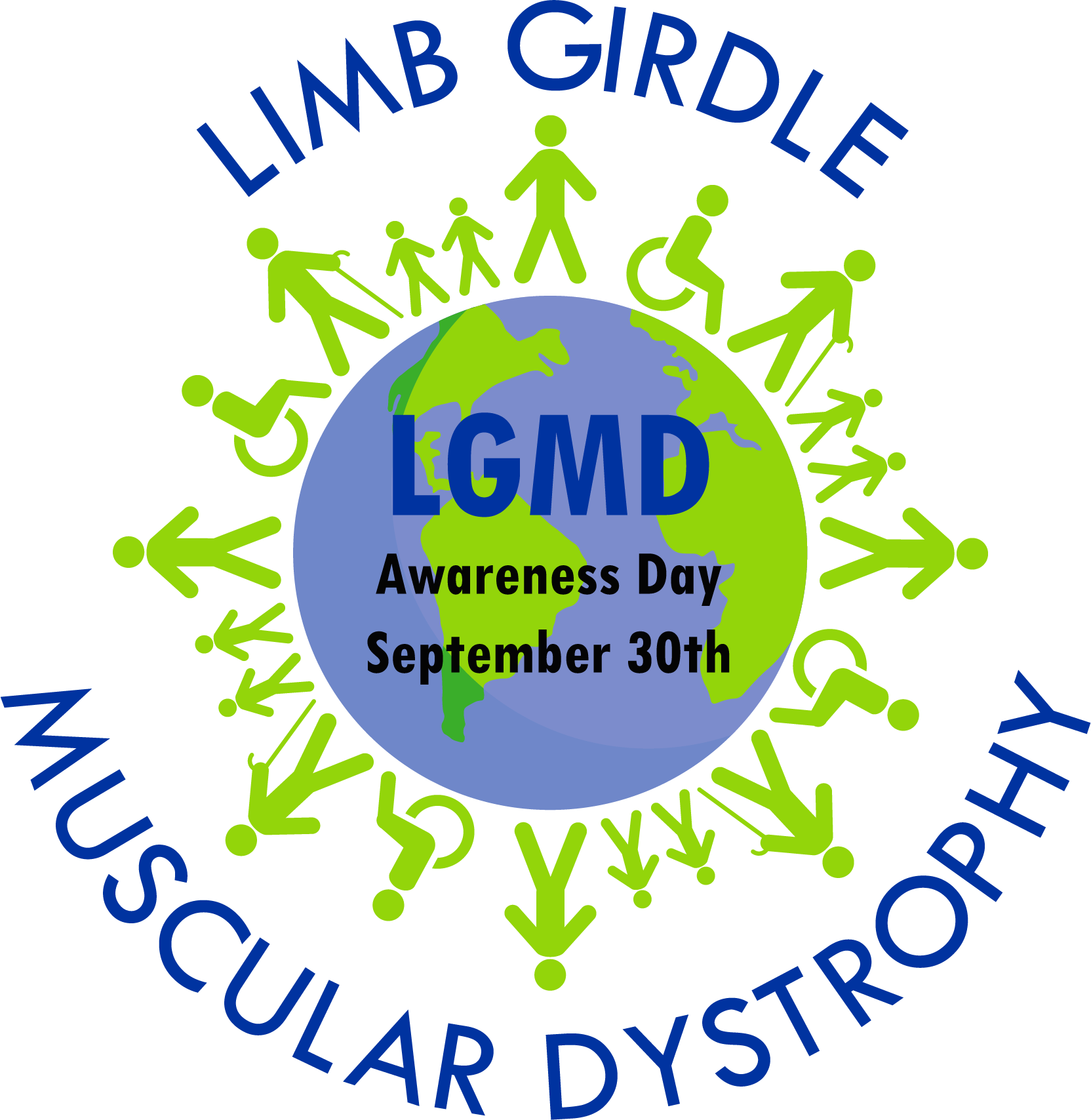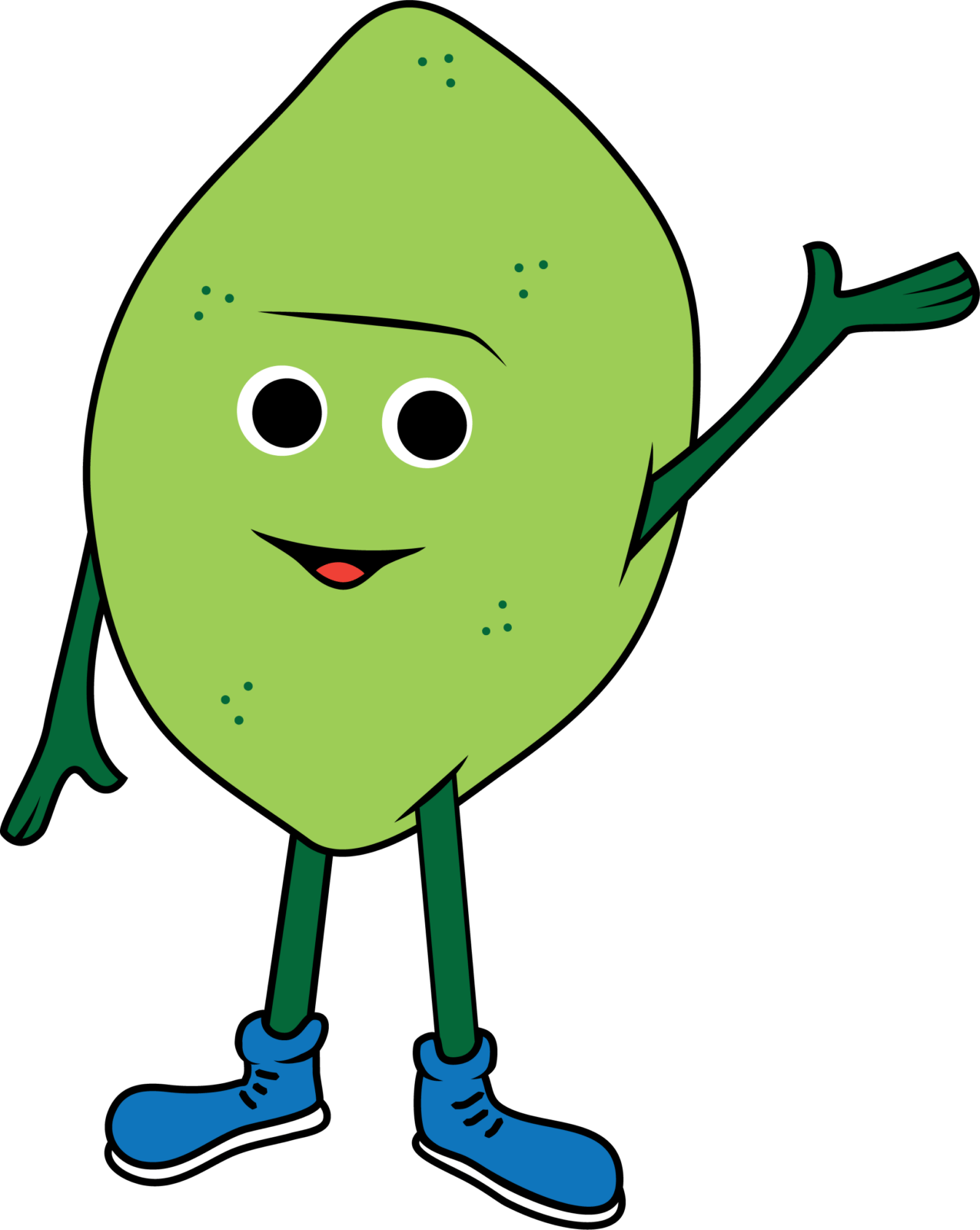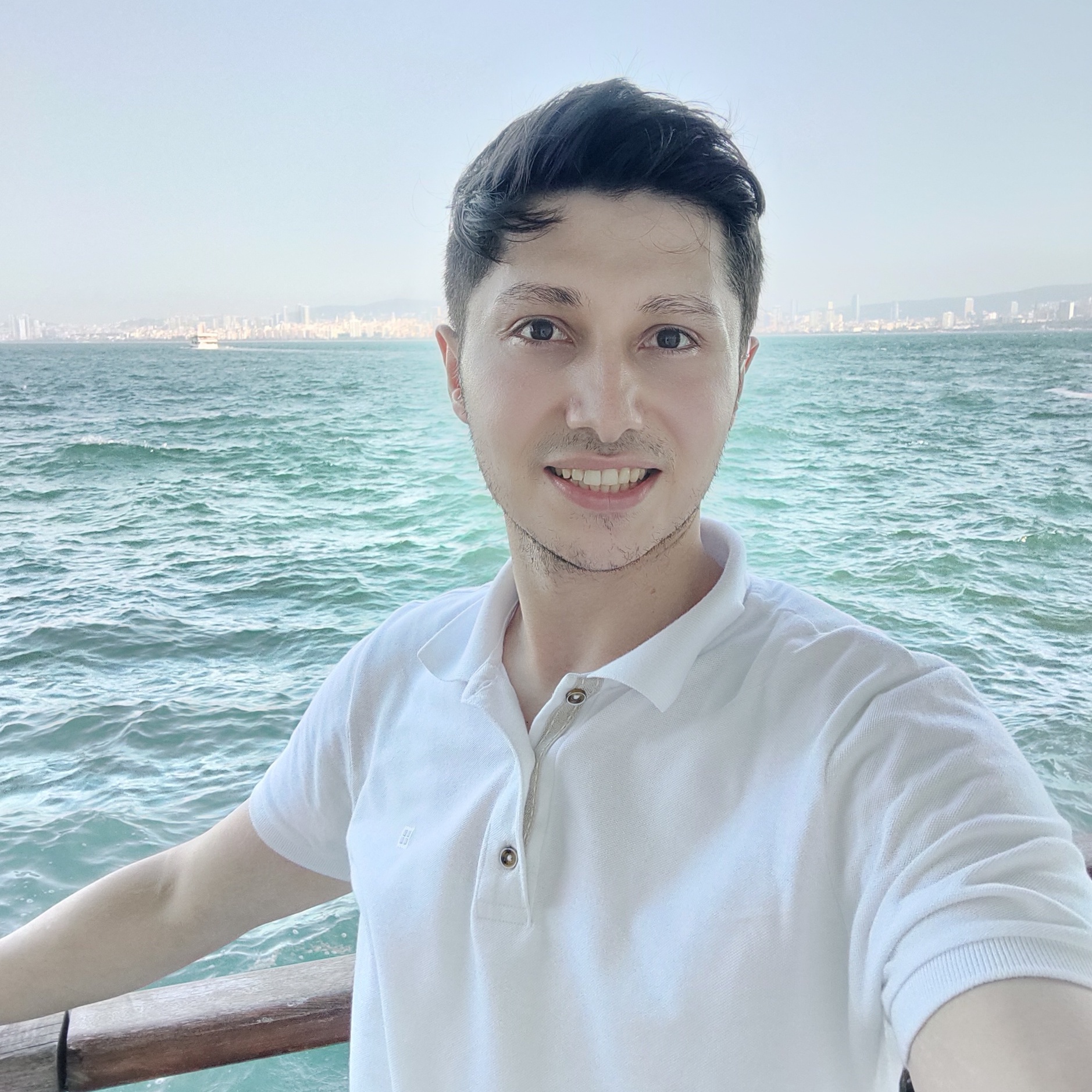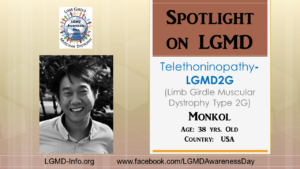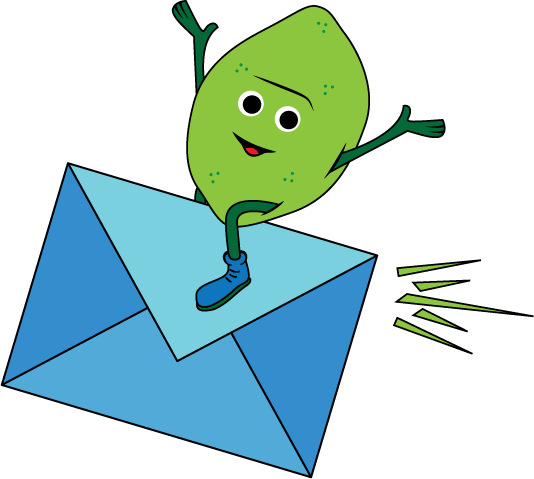INDIVIDUAL WITH LGMD: Monkol
LGMD "INTERVISTA SPOTLIGHT"
Paese: Stati Uniti
Sottotipo LGMD: LGMD2G (also known as Telethoninopathy)
A che età è stata fatta la diagnosi:
I received an official genetic diagnosis at 33, where they identified frameshift mutation in TCAP. I have since created the LGMD2G Foundation to find more LGMD2G patients and help them on their journey.
Quali sono stati i primi sintomi:
I started really taking notice when I was 19. I was having a difficult time standing up for long periods on public transport and going up stairs. I would be really sore and exhausted at the end of a long day of traveling to University, which took nearly 3 hours total each day.
Avete altri familiari affetti da LGMD:
Yes, my second oldest sister. There are 7 siblings in our family, the two affected is roughly the 25% expected to be affected by a recessive disease. Guess my sister and I got a shitty roll of the dice!
Quali sono, secondo lei, le sfide più grandi da affrontare nella convivenza con la LGMD?:
At this stage of my life, it would be maintaining friendships. It’s easy for me to make friends but I can’t maintain them as I can’t go to bars all night, I can’t hike, ride a bike and do other physical things and lastly, it’s difficult for me to go from A to B unassisted. All my social outings have to be very well planned to the detail and sometimes takes the fun out of things. People realize I’m too much of a bother and just don’t invite me to things anymore and it hurts to be left out. It hurts my wife even more as she isn’t handicap and she gets lumped in with me.
Qual è il suo più grande risultato:
Starting my own research lab at Yale School of Medicine as an Assistant Professor of Genetics. http://www.leklab.org/
It has been a long and difficult 13-year journey but I got there! One of the aims of the lab is to improve the diagnosis rate of people with muscular dystrophy, particularly limb girdle muscular dystrophy. I’m really looking forward to working with LGMD patients directly that are still looking for answers as I also know how it’s like to go on a decade-long diagnostic odyssey and the frustration of here we go again on each clinical visit!
In che modo la LGMD l'ha influenzata nel diventare la persona che è oggi:
It’s given me purpose and a desire to live for others and not just for myself. I don’t think I would have achieved as much in my life, if I didn’t have the struggles of LGMD and being driven by the hope that one day, no one should need to struggle with this disease again. I want to be part of that effort and be there that day this becomes true!
Cosa volete che il mondo sappia della LGMD?:
People with LGMD are beaten down every day both physically and mentally. We get beaten down each day by our family and friends that don’t understand why we can’t smile and get on with life when are muscles are aching and we are denied one more thing we can’t do in life. We get beaten down by the workforce, who expects us to compete with our peers on an unfair playing field, where equal opportunity is lip service so privileged people can feel good about themselves. We get beaten down by the general public, who can’t quite empathize exactly how its like to struggle but think they do. Lastly, we get beaten down by ourselves as we don’t have enough self-belief that we can give a lot back to society instead of the burden people make us to be!
Se la vostra LGMD potesse essere "curata" domani, quale sarebbe la prima cosa che vorreste fare?:
The younger and immature me would have said run and run a lot! I’m a lot older and wiser now – what I would do is all the house chores, grocery shopping and all the boring things I haven’t been able to do, for the rest of my life as a huge thank you and show of gratitude to my wife who has stuck by me all those years.
* * * * * Per leggere altre "interviste LGMD Spotlight" o per proporsi come volontario per una prossima intervista, visitare il nostro sito web all'indirizzo https://www.lgmd-info.org/spotlight-interviews

